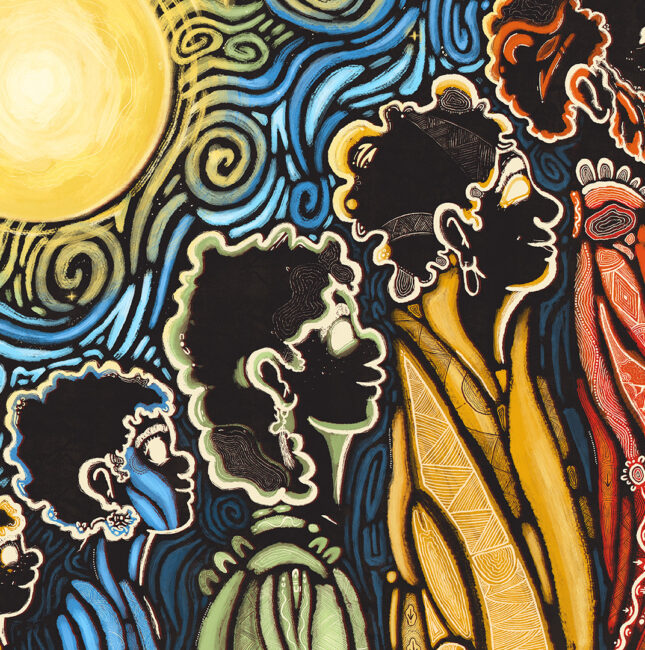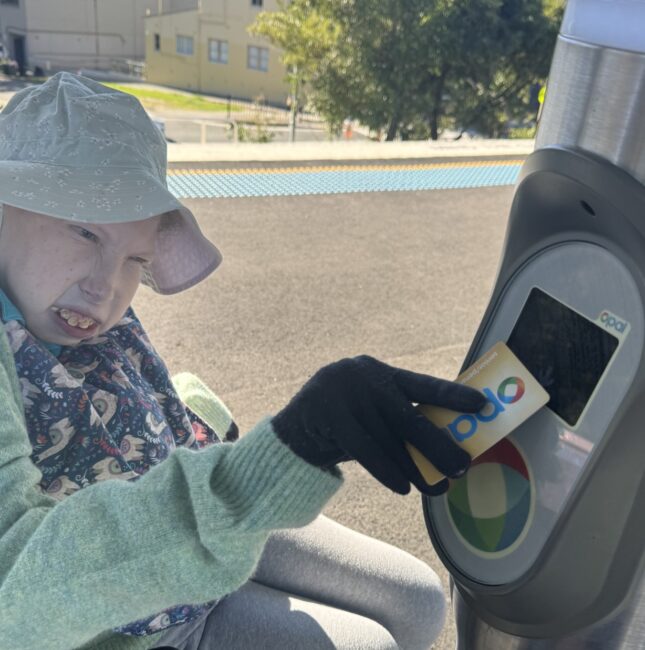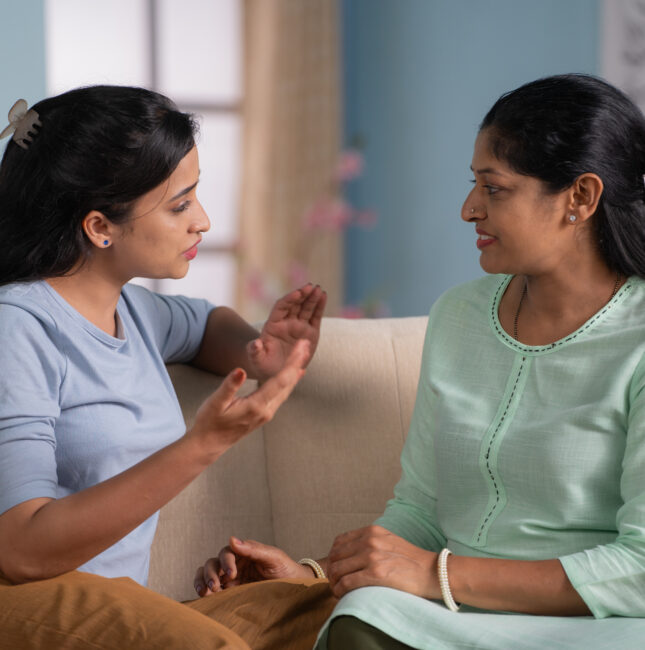CatholicCare supports for those in our Diocese facing homelessness
August 6, 2020
A person is homeless when they don’t have a fixed, regular or adequate night time residence. They may be sleeping in a shelter, couch surfing, sleeping in cars or on the streets.
There is no situation that undermines human dignity more than homelessness. The causes may be diverse but the impact is the same – a sense of hopelessness. In Australia homelessness has increased 13.7% in 4 years. An interesting fact most people don’t know is that only 6% of homeless people sleep on the street.
Homelessness is not a choice but often an outcome of a traumatic unplanned event, or a significant mental health issue, and can be made worse by an unaffordable housing system.
There are many reasons people become homeless:
- Domestic and family violence
- Mental health or drug and alcohol issues
- Lack of affordable housing
- Marriage or family breakdowns
- No visa status after partner/marriage breakdown
- Leaving prison
- Loss of a partner
- Caring for young families reliant on welfare
- Loss of work or income, and more.
Our specialist housing programs help people at risk of becoming homeless to stay securely housed, and those who are homeless to find a keep a home.
CatholicCare’s role includes:
- Early intervention and prevention
- Providing transitional accommodation and supporting people to find more long-term, stable accommodation
- Working with individuals and families to sustain an existing tenancy
- Providing practical, emotional and financial assistance
- Providing information, referrals and access to other services
- Providing support to find and keep a job.
Early 2019 the NSW Government signed an agreement to halve street homelessness across the state by 2025. Premier Gladys Berejiklian and the Minister for Social Housing at the time Pru Goward, together with service providers and the City of Sydney, signed an agreement with a goal to fight street homelessness. This additional funding for the sector was good news but so much more needs to be done.
During COVID-19 we supported many individuals and families across our Diocese off the streets and into temporary accommodation. CatholicCare’s Specialist Housing Services (SHS) team commenced weekly outreach initiatives in the community teaming up with Link Housing and supported by local councils.
Unprecedented demand for services
Prior to the COVID-19 pandemic our Specialist Homeless Services program was already experiencing unprecedented demand for services. The most vulnerable were those who were not eligible for JobKeeper through their place of employment, overseas visa holders who were on temporary sponsorship visas and clients who found themselves without status due to family breakdown after domestic and family violence.
CatholicCare were delighted to hear the Together Home program announcement from Families & Communities Minister Gareth Ward in June. The Together Home program is the largest single investment to tackle street homelessness in NSW history. Throughout COVID-19 we’ve worked hard to keep rough sleepers safe. Now we’re working to get them into homes with the support they need to rebuild their lives. The fact that the Northern Sydney area of our Diocese continues to have one of the lowest percentages of available social and community housing is challenging.
Domestic and family violence impacts
Domestic and family violence continues to be Australia’s leading cause of homelessness. During COVID-19 the industry was forced to adapt quickly to the challenges of women feeling anxious about the sharing of refuge accommodation with many choosing to remain in the home and shelter from the virus rather than from violence.
CatholicCare services remained operational with many clients being provided with safe phones to allow essential access during a time when perpetrators were at home. During this period many women were flagged with our local Safety Action Meeting coordination point – a system deployed to assist us in keeping women who are at the highest risk safe. Thankfully the easing of restrictions is allowing us to once again better connect with these women.
We have built solid connections with Social Workers within our local Emergency Departments which ensures we reach vulnerable women and families who have experienced domestic violence and have become homeless as a result. These relationships allow us to pre-empt their housing needs and action a timely response.
Our Domestic Violence Response Enhancement (DVRE) team work within preventative frameworks to reduce the need for women and children to leave their homes and risk becoming homelessness. This is done through security upgrades to ensure they are safe and can remain in the home. We utilise Victim Services to fund the cost of these security upgrades, working to have this approved as quickly as possible whilst also tapping into other “safer in the home” resources.
Case study 1
Stella has a 2 year old child. She has no visa status and CatholicCare helped her leave a violent relationship. She has been residing in one of our sites and with assistance from her caseworker has been able to gain permanent residency, access to Centrelink payments, eligibility for community housing and other support packages. Now 8 months later Stella has been able to rebuild her life and has recently secured her own tenancy. We are constantly in awe of the amazing resilience of our clients!
Case study 2
Tracey had been sleeping rough for many years, suffering a number of physical and sexual assaults during her time on the streets. Our housing team engaged with her over a 3 month period before she would accept any accommodation. She wasn’t yet ready for a formal housing arrangement when we first met her. As we gained her trust we were able to support her with transitional accommodation. Stella worked really hard on engaging with her caseworker and counsellor, and this has led to significant gains practically, emotionally and spiritually.
Case study 3
Sarah had been supported by CatholicCare as a child when she was unable to live with her family. A few years later, she contacted us to advise she was homeless with an 8 week old baby. We provided immediate accommodation in a motel for two nights until our Supported Temporary Accommodation program could take over. They were able to help Sarah secure a long term tenancy that was affordable and close to family and she was referred to our young parents homelessness program for continuing support.
We have been encouraged by the Government’s overall response in the homelessness space to COVID 19 – though we remain alert that once these subsidised measures are withdrawn, we will see a rapid increase in hardship. We are preparing for this to be experienced in September/October.
At CatholicCare we have a range of services to support people. Our staff are specialists in their fields with a wealth of knowledge who listen to clients and support them moving forward. In addition to the services outlined above we have:
- A women’s refuge for those escaping domestic violence
- Short-term temporary accommodation services
- Specific supports for young parents
- Support for people in financial crisis via our Emergency Relief program.
We also have Mary Mac’s Place in Woy Woy which provides homeless or transient people with meals and a place to shower and wash clothes.
If you, or someone you might know, is affected by homelessness or needs housing support, please reach out.
P: 1800 324 924
www.catholiccaredbb.org.au/housing-homelessness
www.shoutamateaplate.org.au
More news stories like this one
NAIDOC Week 2025 – The Next Generation
CatholicCare is proud to celebrate NAIDOC Week y amplifying the voices, stories, and aspirations of Aboriginal & Torres Strait Islander people. This year’s celebrations are all about empowering the next generation of leaders - our young people who carry culture forward with pride, resilience and hope.
Read MoreTrain adventures give participants choice & control
When participants and their parents have their voices heard, wonderful things can happen. The words ‘choice and control’ are bandied about a lot in the disability space, but this story shows how crucial they are to a person’s wellbeing and happiness.
Read MoreDavika emerges from a web of violence
As they grew up, the two friends went their separate ways. Davika had settled into life as a single mum in India, and Priyanka had moved to Australia to marry an Australian man. Life, as Davika knew it, changed forever when Priyanka returned to India for a holiday with her husband and her husband’s Australian brother, Steve.
Read More


